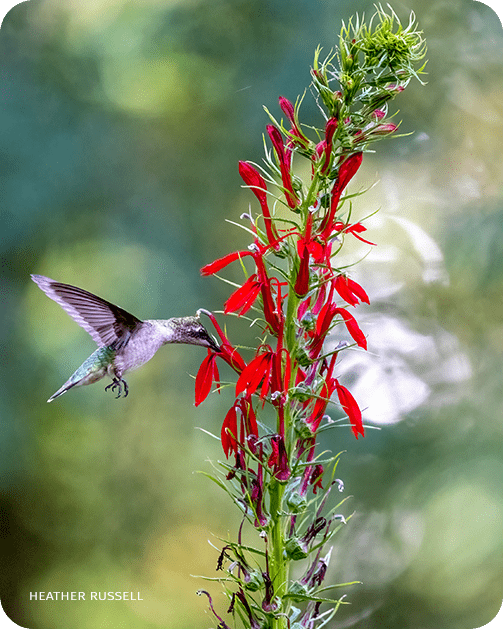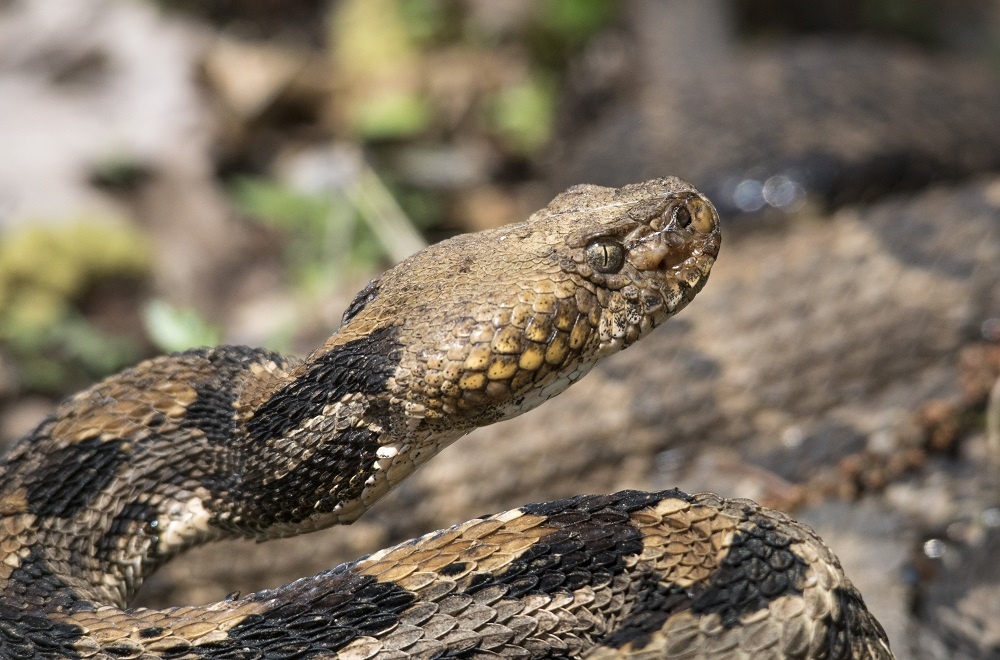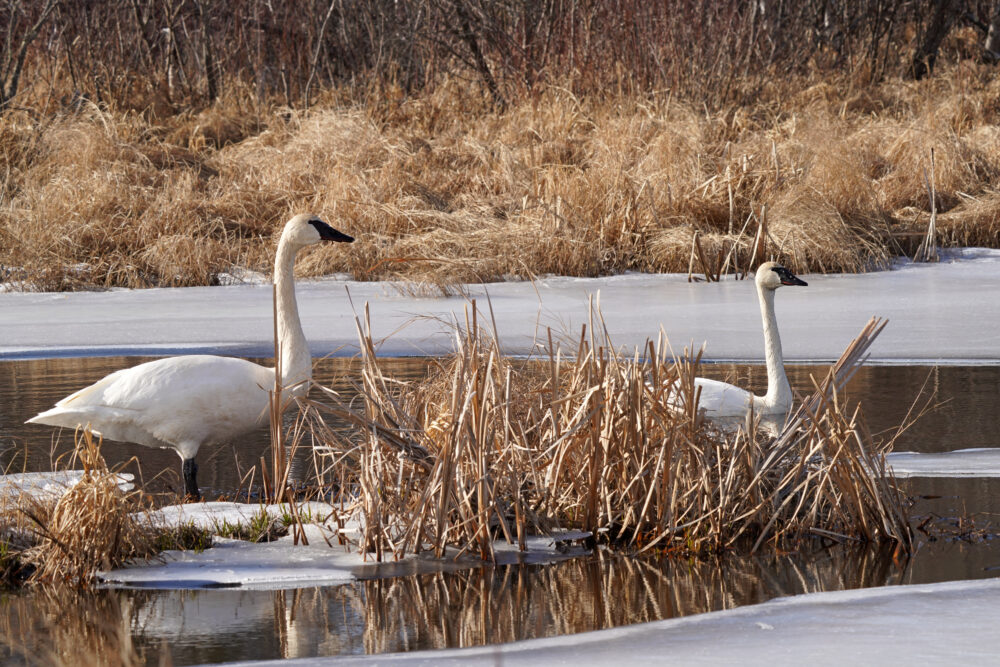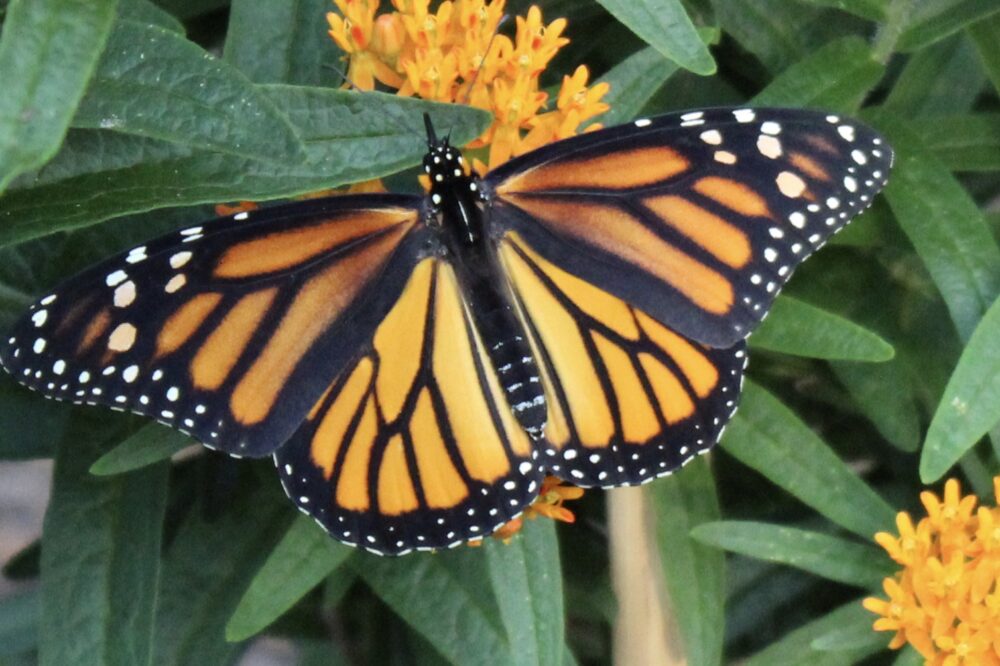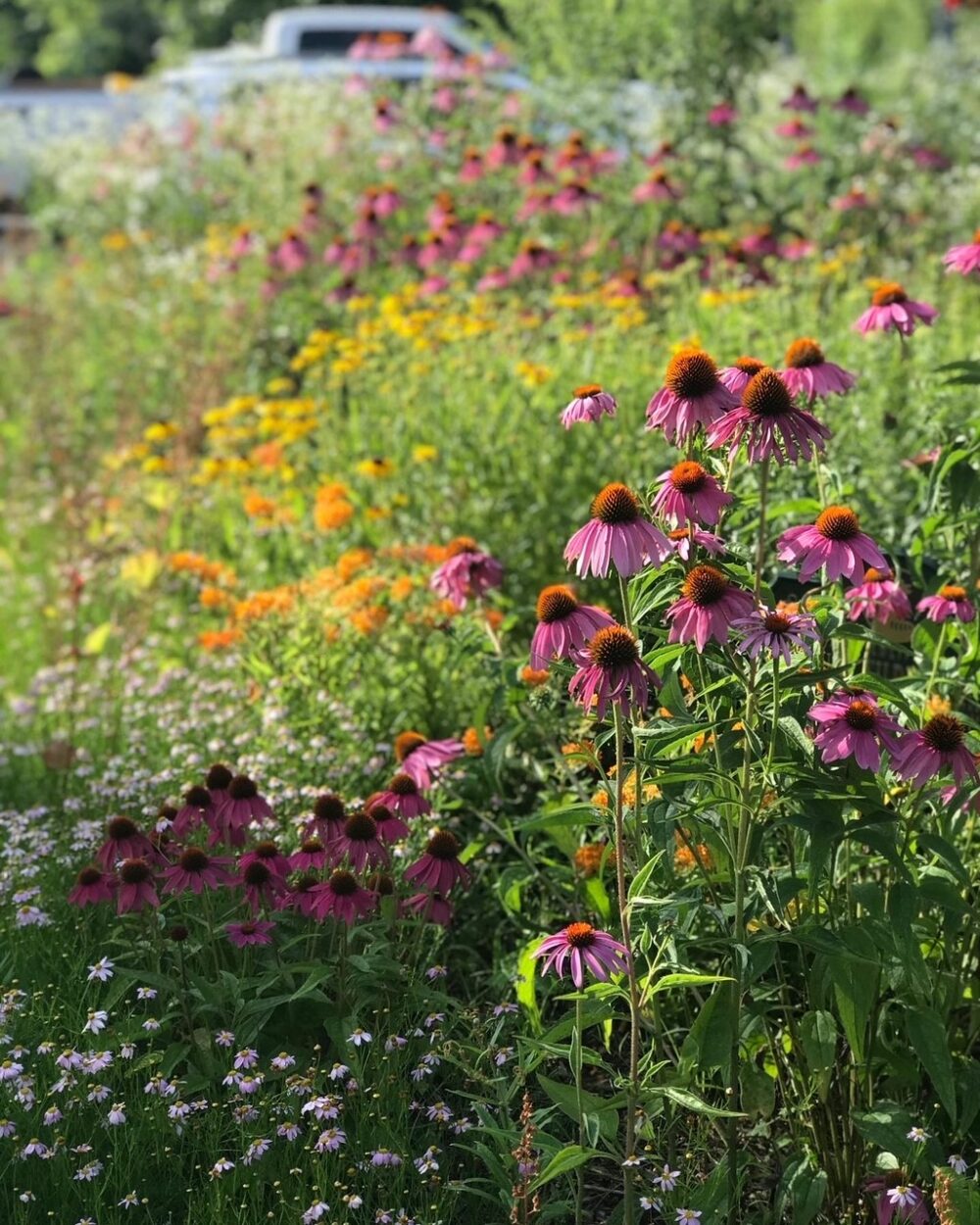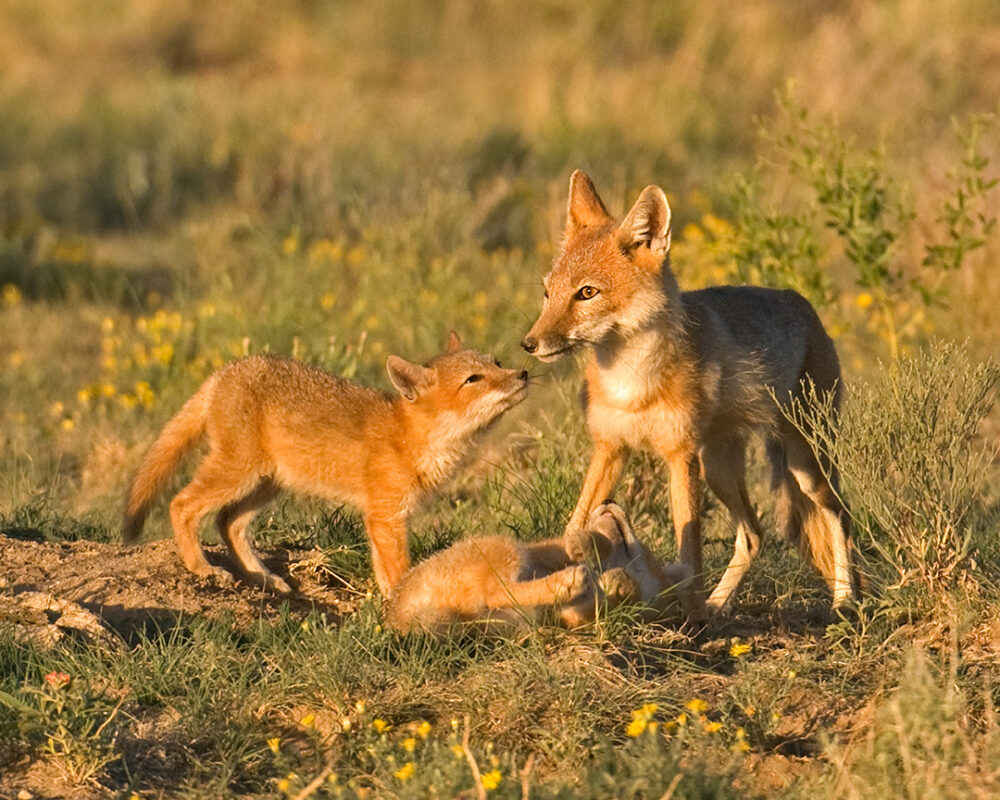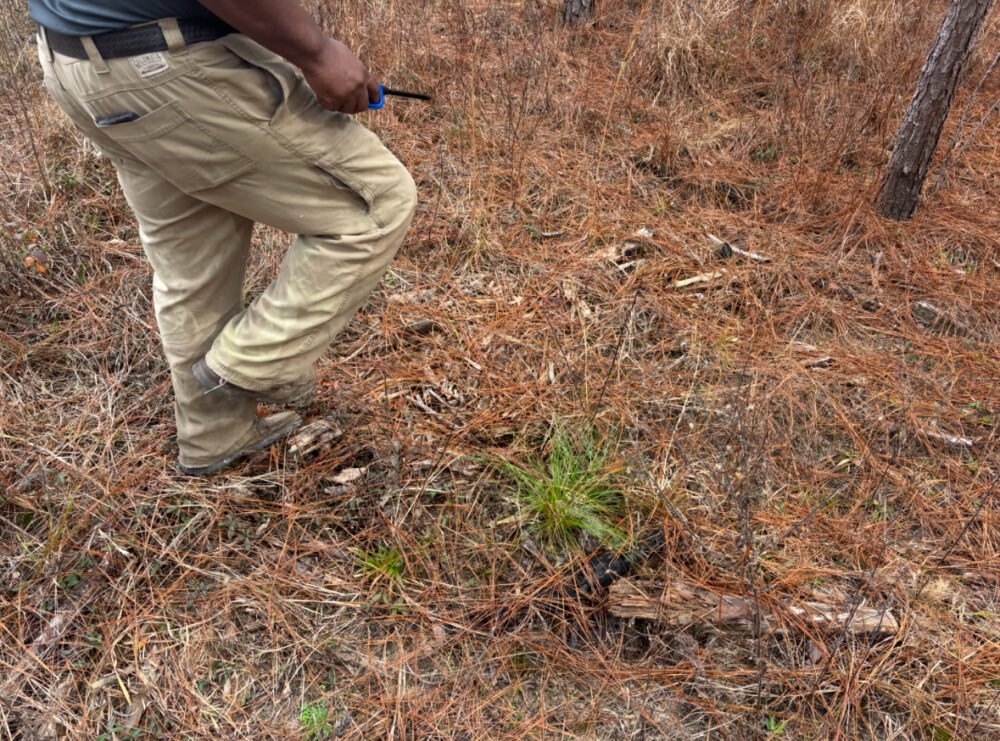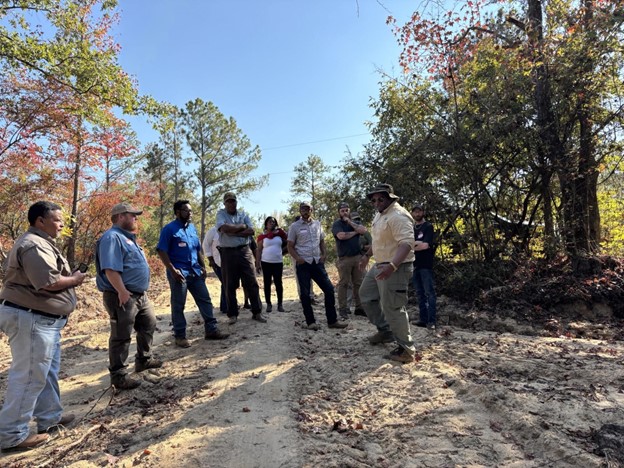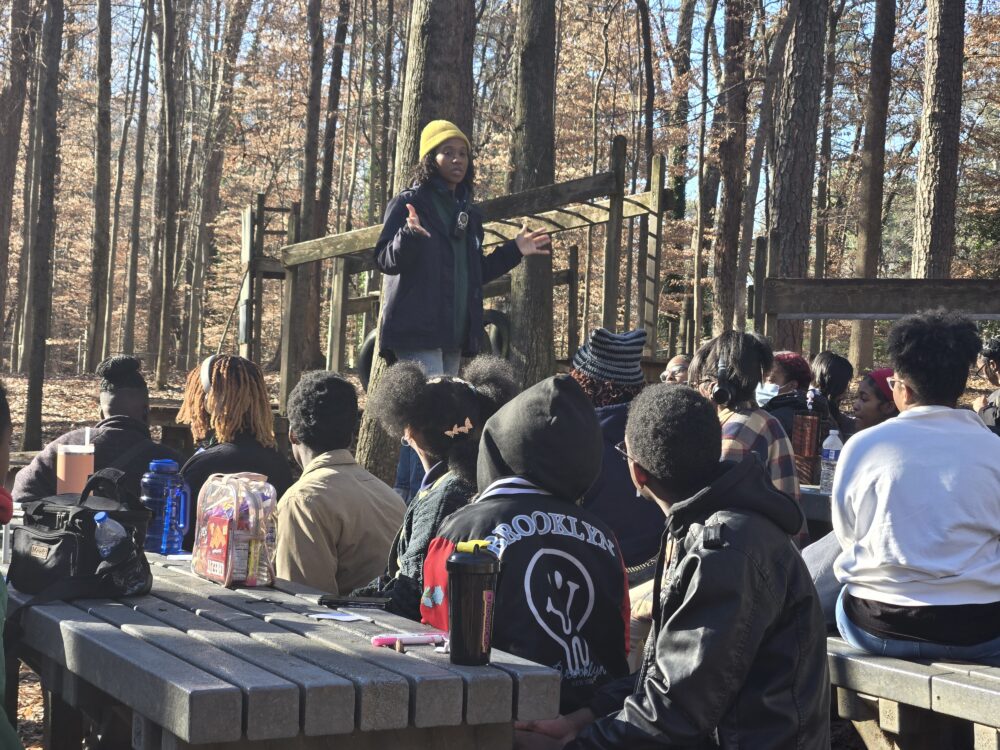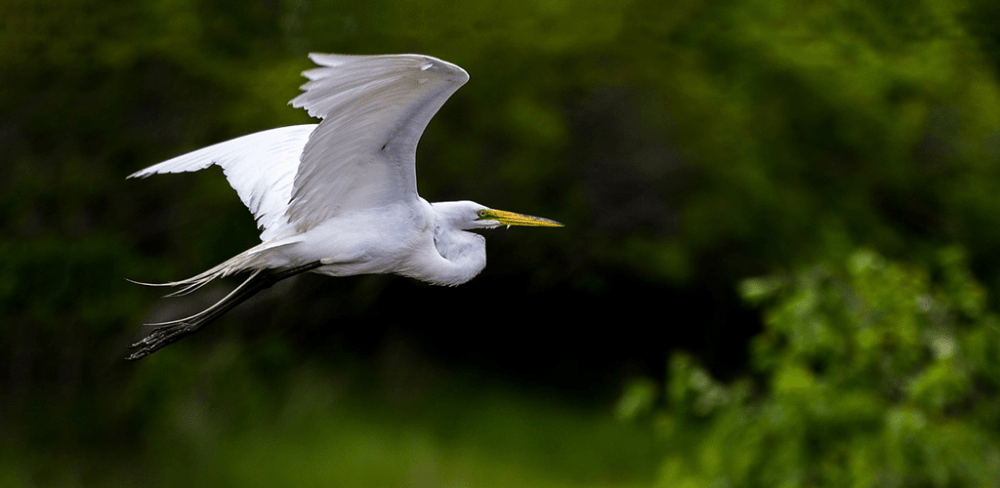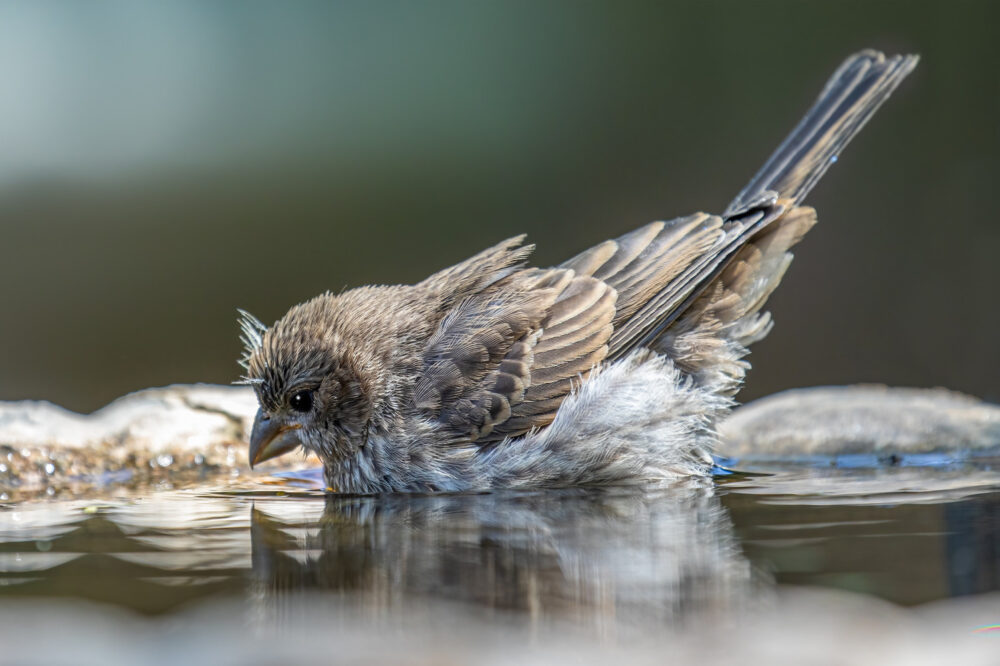We have much more to do and your continued support is needed now more than ever.
Monarch Butterflies in National Parks
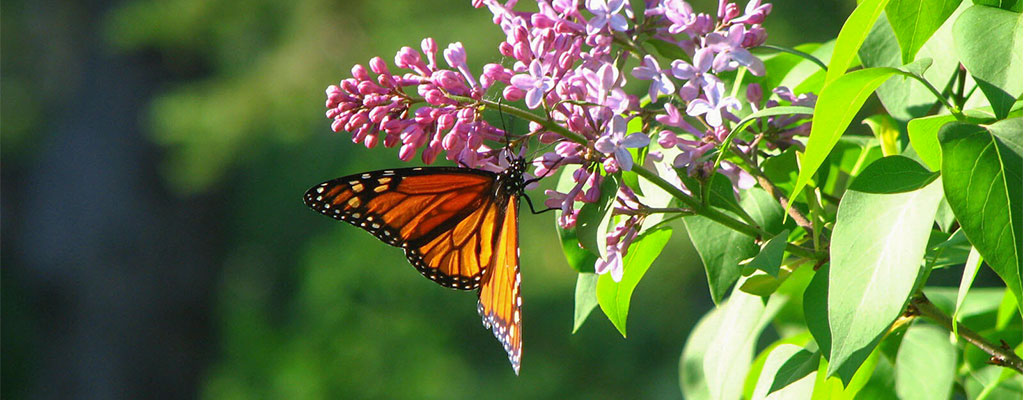
The monarch butterfly is one of the many wildlife species that can be observed in National Parks all over the country. Monarch butterflies are also one of the important pollinators that help provide one out of every three bites on our dinner plate and are indicators of overall environmental health.
Monarchs commonly live and migrate through grasslands and meadows, often venturing through some of our National Parks over the course of their journeys. As we work to come together for monarchs through the Butterfly Heroes challenge, presented this year by Subaru, we encourage our Butterfly Heroes to get outdoors and find your park to find monarchs.
Fire Island National Seashore
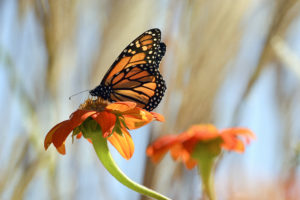
Find monarch butterflies in this beautiful beach park on Long Island, New York. The monarch caterpillars here like to feed on Fire Island swamp milkweed (Asclepias incarnata) and common milkweed (Asclepias syriaca). The best time to see monarch butterflies is during their fall migration from mid-August through late September or early October. Other wildlife that can be seen here include piping plovers, horseshoe crabs, and white-tailed deer.
Tent, trailer, and year-round camping locations are available in Fire Island’s campground and in the neighboring park, Smith Point County Park. Reservations or permits are required since spots can fill up quickly.
Great Smoky Mountains National Park
Located in North Carolina and Tennessee, this park is a prime place to see monarch butterflies along with a wide array of birds, reptiles, fish, and mammals such as black bears. This park has a rich diversity of flora and fauna that will capture any nature enthusiast’s attention. Visitors can spot monarchs while hiking, biking, and camping in Cades Cove. This campground is open year-round, with horse camping and backcountry camping options available for more experienced campers.
One of the park’s main events this spring is the natural light show put on by native synchronous fireflies!
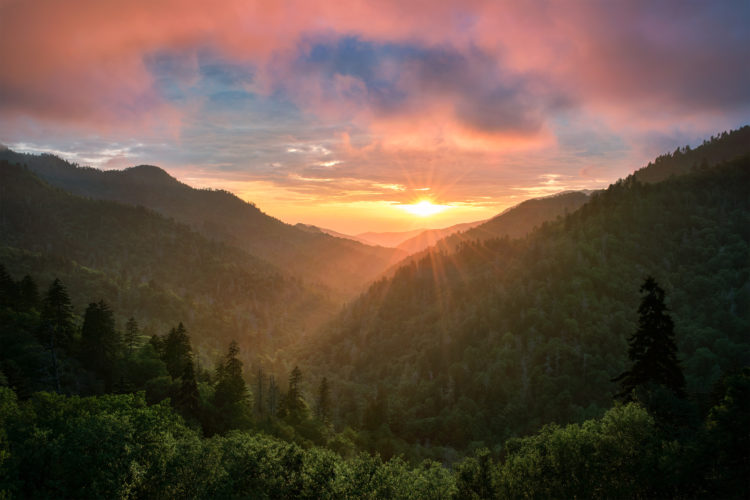
Cuyahoga Valley National Park
The Cuyahoga River runs through this 33,000-acre park in northeast Ohio, creating a lush and diverse habitat for a plethora of wildlife species like monarch butterflies, bald eagles, and beavers. Monarchs are one of the 20 most commonly seen butterflies in this park. A place one may find monarch butterflies is near one of the main attractions in the park, Brandywine Falls. At 65-feet high, this is the second highest falls in Ohio. The park offers tent camping for individuals or groups.
Zion National Park
Southwest Utah’s Zion National Park offers a wide range of elevations and habitats, making it a great spot to find monarch butterflies and other wildlife like bighorn sheep, collard lizards, and California condors. Three campgrounds are available in Zion, and reservations are highly recommended. RVs or trailers are allowed depending on the campground.
Be a Butterfly Hero
Though you’ll likely be able to see a few monarchs in these parks, they won’t be as populous as in years past. Sadly, the monarch population has declined by more than 90 percent. To counter this distressing decline and to restore monarchs across the United States, the National Wildlife Federation encourages you to become Butterfly Heroes to show your support for monarchs!




